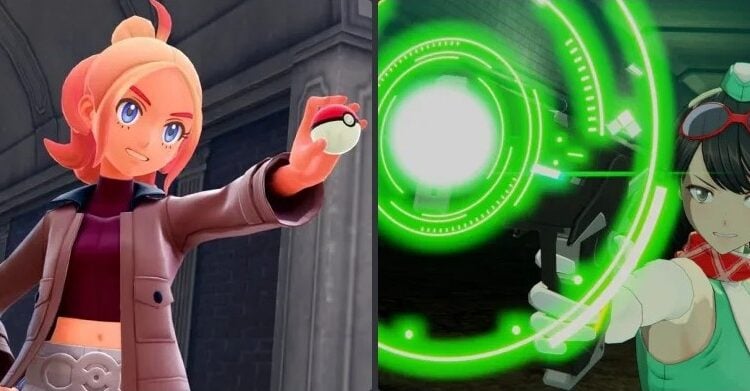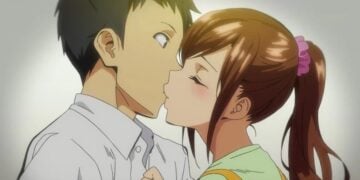Toho/Legendary co-production Pokémon: Detective Pikachu has been out for about a month now and I can’t get the film out of my head. The choices made with the setting, characters, plot, and themes all serve as a model for how to properly do a Hollywood, live-action adaptation of a video game or anime.
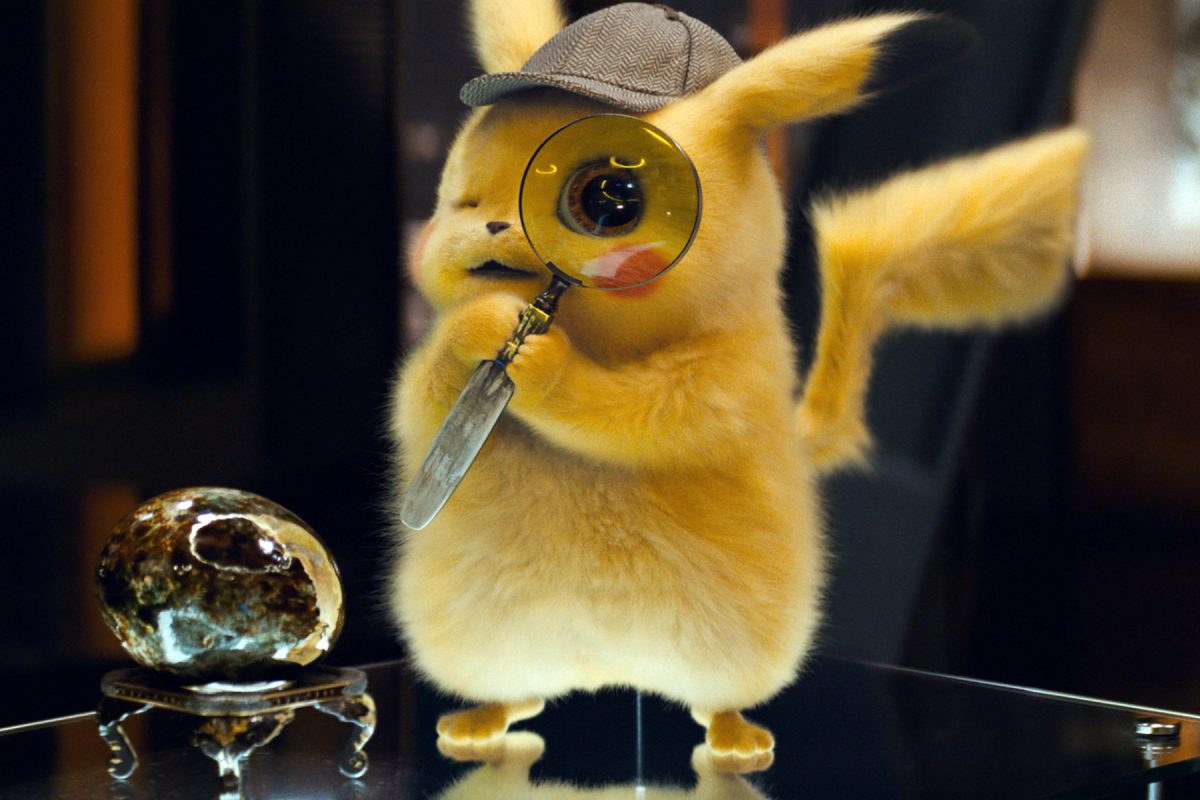
While I don’t much like playing the numbers game when it comes to reviews, Rotten Tomatoes helps illustrate the unique position Detective Pikachu is in. It has the highest aggregate rating of any Hollywood anime or video game adaptation I could find on the site (Alita: Battle Angel has a higher audience rating, but Pikachu wins with the critics).
And this is important because, while the Japanese film industry pumps out adaptations that sometimes really hit it out of the park, Hollywood has been a remarkably consistent series of failures. The only commercially successful franchise that comes to mind is Resident Evil, which is consistently panned despite the money it rakes in.
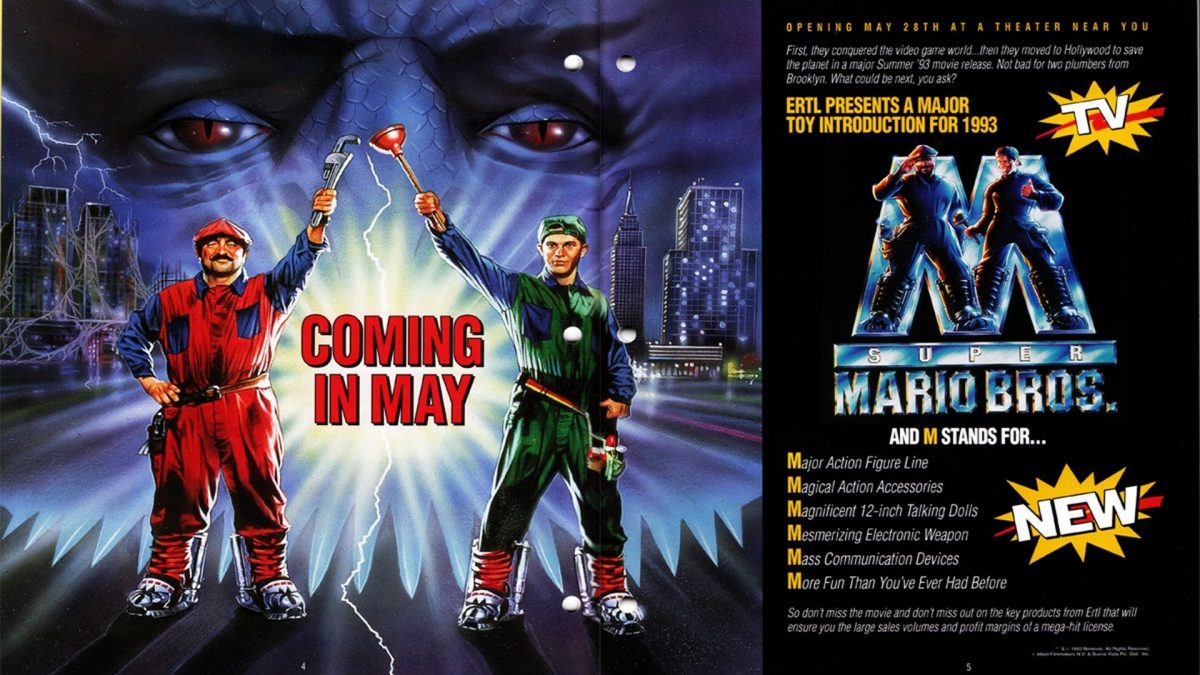
Nintendo, in particular, got burned by Hollywood with the 1993 adaptation of Super Mario Bros., which despite now being fondly remembered as a cult classic (I still really enjoy it!), it was a tremendous box office flop that scared Nintendo away from the American film industry for more than two decades.
This is to say that Pikachu faced an uphill battle in being a video game adaptation, specifically of the Detective Pikachu 3DS game that itself received mixed reviews, and in being the first Nintendo vehicle in Hollywood since Mario. The degree to which it conquered both hills is remarkable.
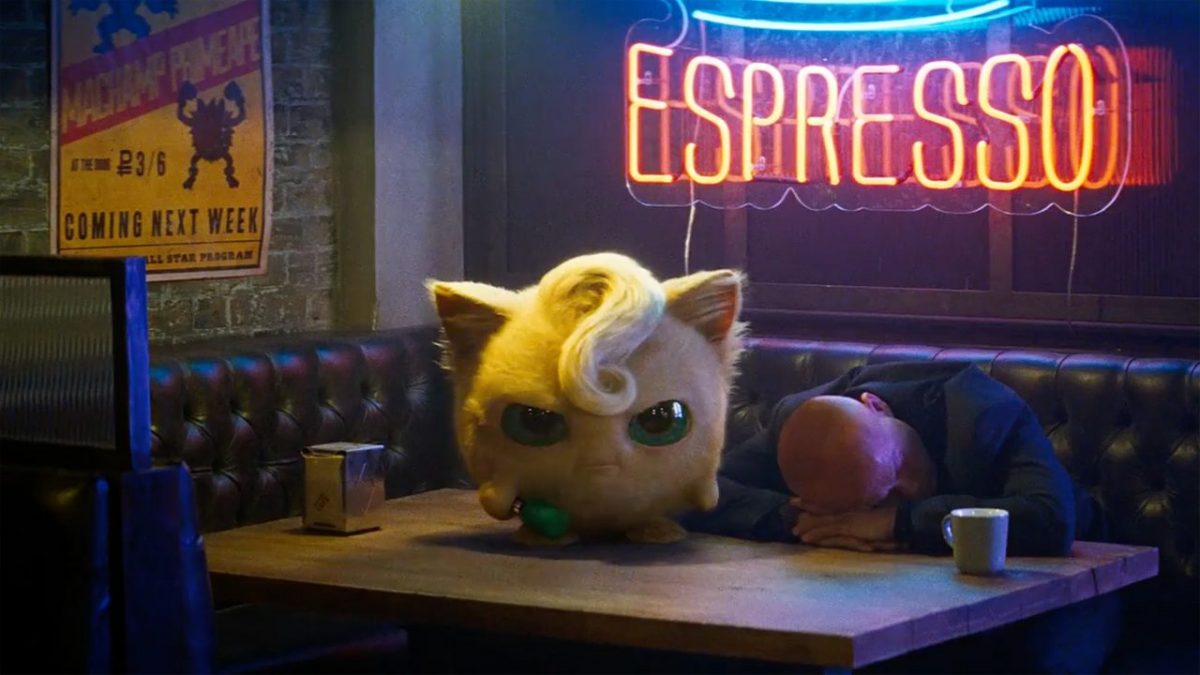
Pokémon: Detective Pikachu’s greatest asset is its setting. That’s why they put Pokémon up there on the marquee. The franchise has at least two generations of fans built up over 25 years from its original Game Boy games to its incredibly long-running anime series, not to mention the trading card game and manga adaptations. Everyone knows the Pokémon name and the world of monster battles it represents.
What any live-action adaptation has to do is bring its setting into the real world, such that it looks natural for a real human actor to be standing in it, and ultimately living in it. That’s a challenge for anime and video games that tend to be heavily stylized, and Pokémon even more than most.
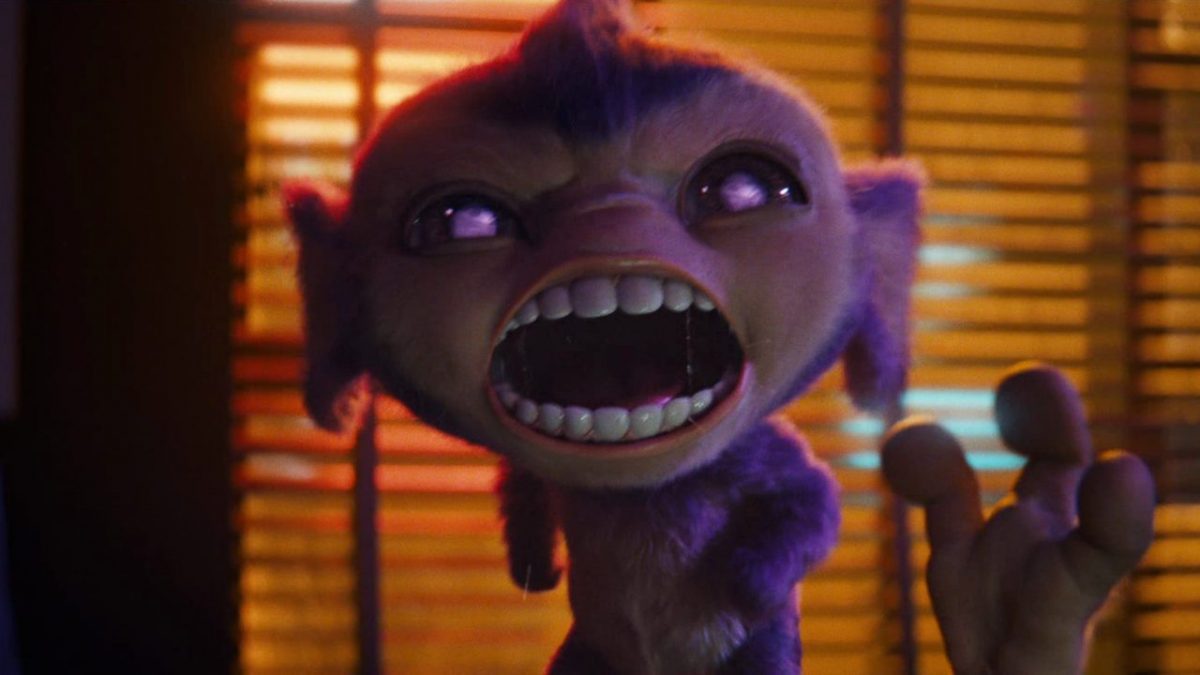
But Detective Pikachu takes that challenge and makes it by far its strongest selling point. When you see Justice Smith walking around in Ryme City, not only do you find it believable, you find it weird, grotesque, and even creepy. The Pokémon themselves are hilariously unsettling, and serve to illustrate what a bizarre thing it is to live among these sentient creatures that are kinda like the animals we know, but so much more.
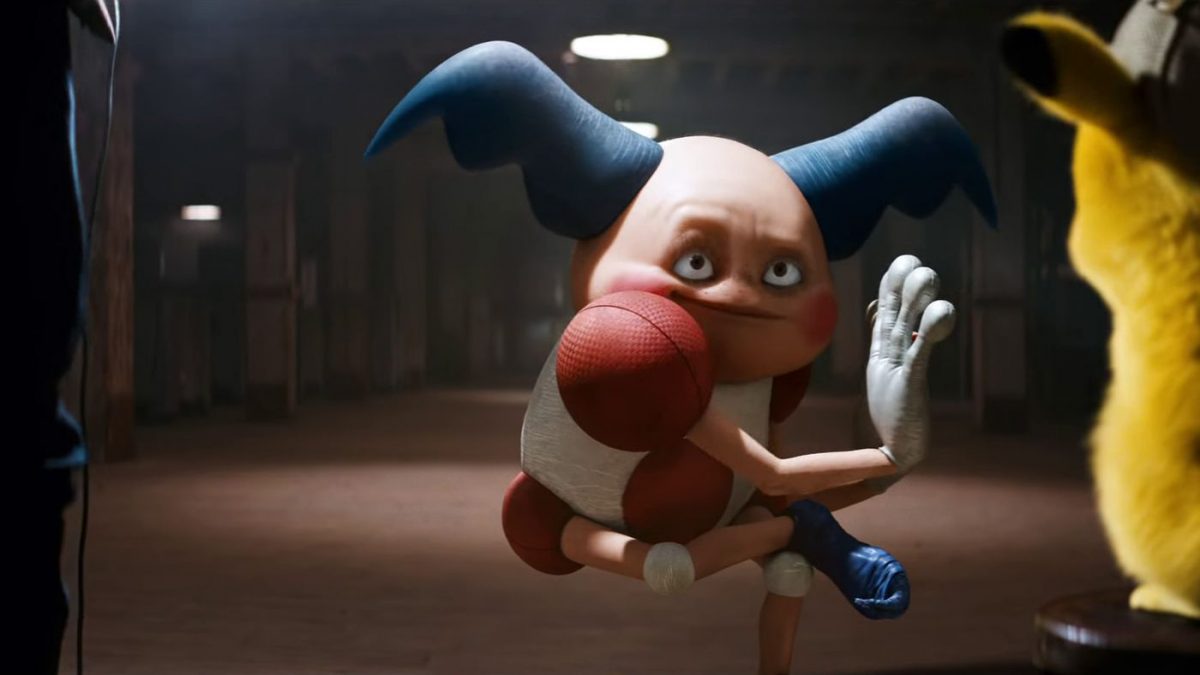
A weaker adaptation would have tried to stay true to the stylized appearances of the monsters, but Pikachu has the bravery to actually use its setting to say something about the source material. It’s both interesting and funny.
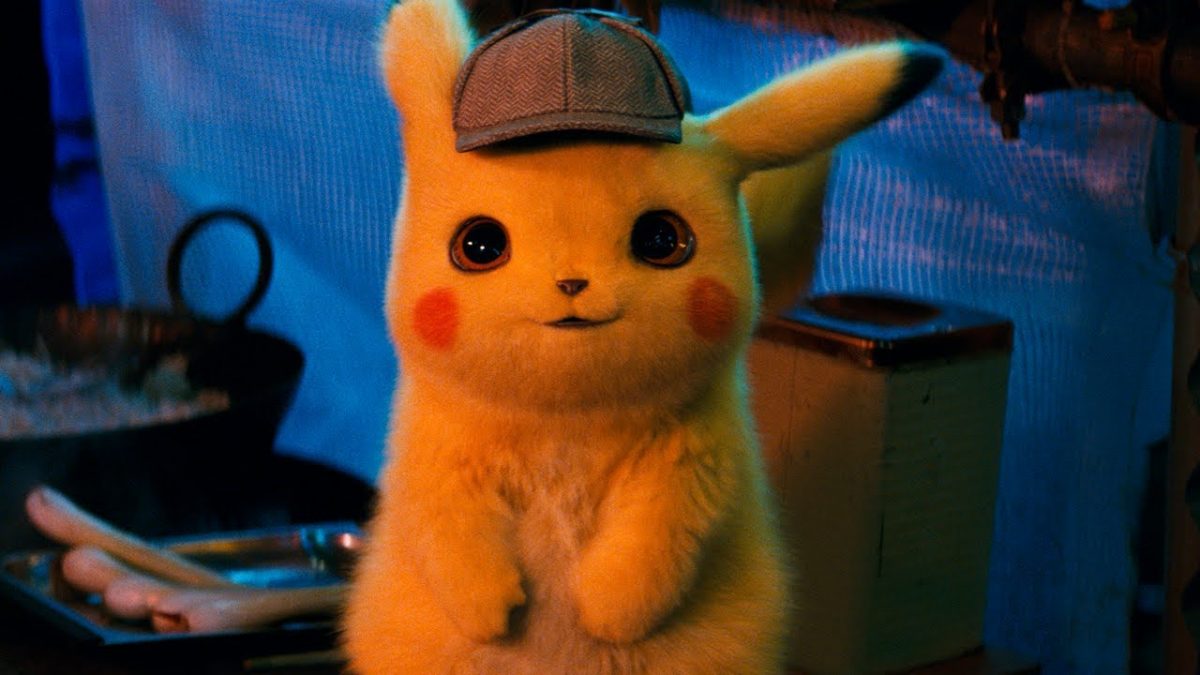
As are the characters themselves. Pikachu, while looking much more real than he did on my Game Boy in 1997, is still painfully cute, but contrasts with Ryan Reynolds’s voice on Dan Hernandez’s and Benji Samit’s writing to create a hilarious, lovable, and interesting comic foil to Justice Smith’s straight man Tim Goodman. While the film took the general outlines of the characters from the Detective Pikachu video game, it felt no need to slavishly render them on the silver screen in exactly the same form as they appeared in their source material. Unshackled, the screenplay let them be their own characters in their own story.
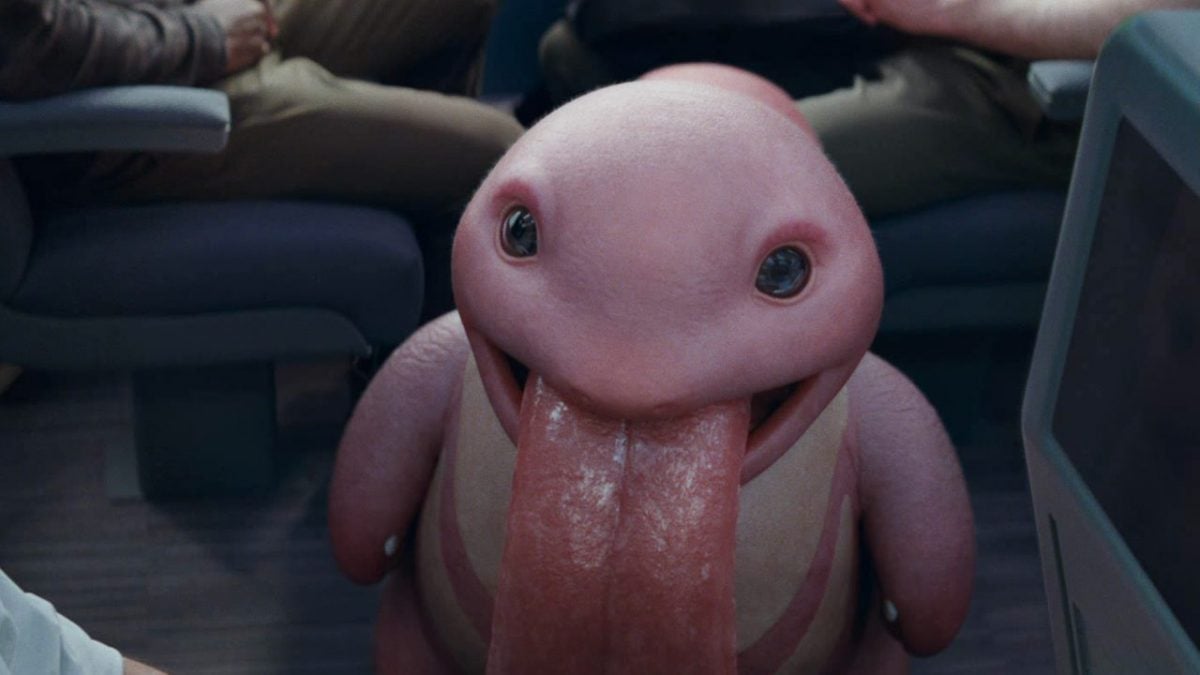
Pokémon: Detective Pikachu benefits from the fact that the video game source material is hardly iconic. It’s tough to imagine anyone had cemented a vision of what Tim Goodman was supposed to be like in live action that the film might have betrayed. It’s worth mentioning that Justice Smith, who played the protagonist in the movie, is African-American, while Tim had light skin in the game. Unlike other adaptations that have had controversy over ethnic and racial casting decisions, I never heard Detective Pikachu fans mad about Tim’s skin color. While the film operates in one of the most beloved franchises of the modern era, the specific source material it’s adapting doesn’t have much of a die-hard fan base. That gives Pikachu license to make more difficult decisions.
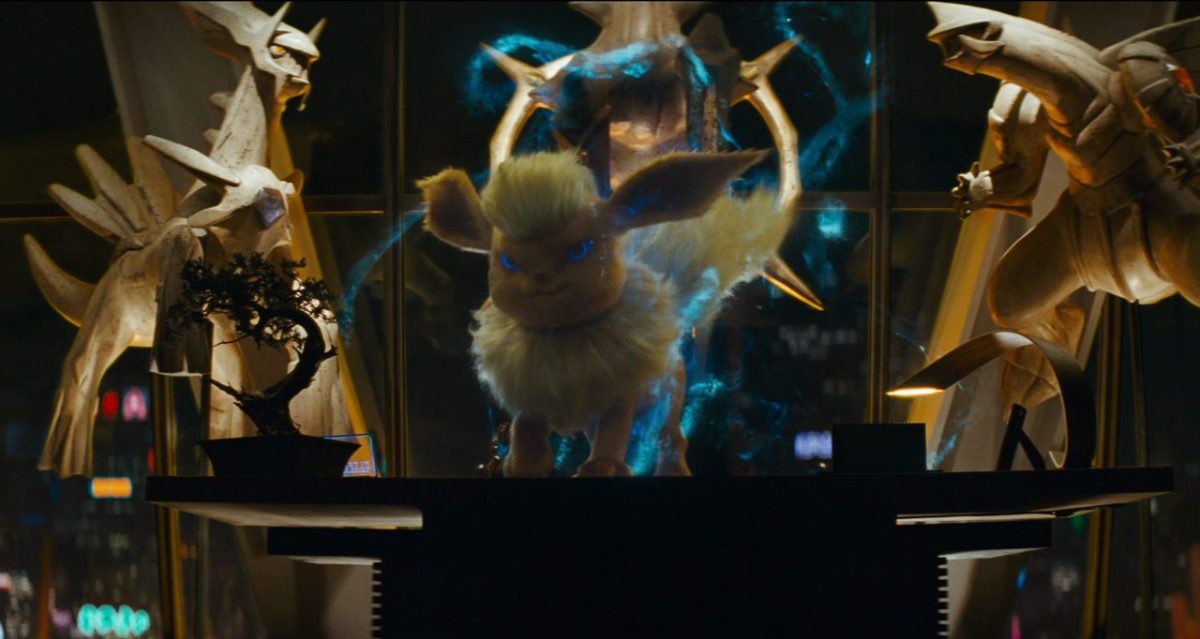
But those decisions are important to make. Making a live-action adaptation that strives as hard as it possibly can to be its source material misses the point of adaptation. The fundamental decision Pokémon: Detective Pikachu made was to be first and foremost a live action movie. It’s a story about a relationship between father and son, finding the right path in life, and cracking the big case. That story takes place in a fascinating, beloved, and unsettlingly bizarre world, and reflects back a lot of intriguing ideas about that world.
If more Hollywood adaptations were brave enough to take that tack, we wouldn’t have a burning trash heap full of critically panned commercial flops that scare Japan away from American cinemas. Then maybe I’d have my Dragon Maid adaptation by now.


